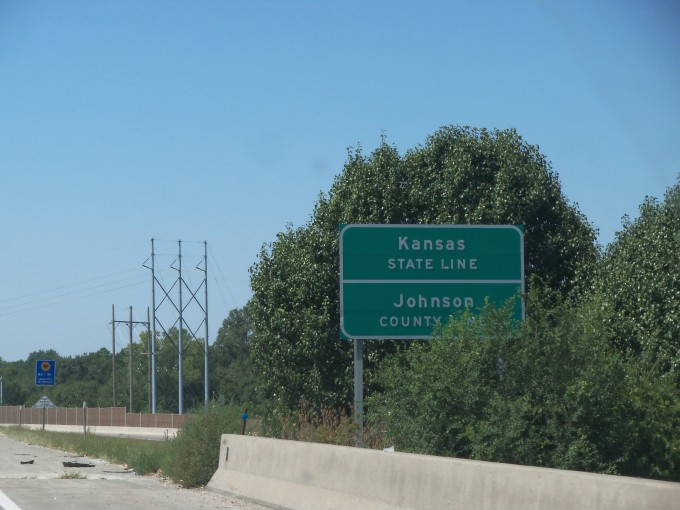
Sunday, 3 January 2016
I have become a fool in boasting; you have compelled me. For I ought to have been commended by you; for in nothing was I behind the most eminent apostles, though I am nothing. 2 Corinthians 12:11
There is emphasis in Paul’s words to highlight the situation. He says, “I have become a fool in boasting” with the emphasis on “I.” It is an ironic statement to mean, “By the words of boasting which I have penned, I stand convicted as a fool.” Immediately after this, he says, “…you have compelled me.” In this, the “you” is also emphatic. In essence, “You have forced me into this position of boasting, where I have become a fool.”
To explain the emphatic nature of his words, he next carefully clarifies what has transpired – “For I ought to have been commended by you.” The fault for everything Paul penned, which highlighted his qualifications and the exceptional things he had done and encountered, lay at the feet of the Corinthians. He had come to them, led them to Christ, fellowshipped with them, and together they had a personal relationship. They knew him in an intimate way. So why had they driven him to this position where he now needed to boast? They had turned from the man they knew to follow after false apostles who only meant them harm.
Because of this, he reintroduces them into his thoughts with the words, “…for in nothing was I behind the most eminent apostles.” Here he uses the same unusual term that he used in verse 11:5. It is the “extra-super apostles” to whom he is referring. Since calling them this, he has spent a great deal of time and ink demonstrating that he wasn’t just ahead of them, but he was eminently more qualified than them. He was far ahead of them in all ways. And yet despite this, he finishes the thought, “…though I am nothing.”
In these words, he may be speaking sarcastically. If so, it would mean something like, “Despite all I have done, and despite all of my qualifications, the false apostles have spoken of me as nothing at all. At the same time, they have elevated themselves to a place of importance among you.” It also may be that his words are serious. If so, then his intent is to say, “Despite all of the things I have done, and despite all of my qualifications, I am just a man. All of those things are rubbish and refuse. I am the bondservant of the Lord who alone is to be regarded.”
Because of the possibility that either option is correct, it may be that he intended them to take it both ways. The Corinthians needed to take their eyes off of the false apostles and also keep them off of Paul when they did. Instead, they were to fix their eyes on Jesus.
Life application: As noted in a previous verse, it may be necessary to state our qualifications in order to establish a baseline of who we are in comparison to others. However, when we do this, it is important to not allow those qualifications to then elevate us to an unhealthy level in the eyes of others. After stating the qualifications to meet the intended purpose, we should remember to redirect the eyes of those we are addressing back to the One who truly deserves the attention.
Lord God, it is nice to receive a pat on the back or a compliment from others, but it is also important to not allow others to over-elevate us to a position which is unhealthy. We all have gifts and we all have talents. Just because some of them are more notable than others doesn’t mean they are more important. Help us to always acknowledge the Source of other’s gifts by giving the final credit to You. Help our hearts to not idolize anyone, but to instead adore You alone. Amen.




